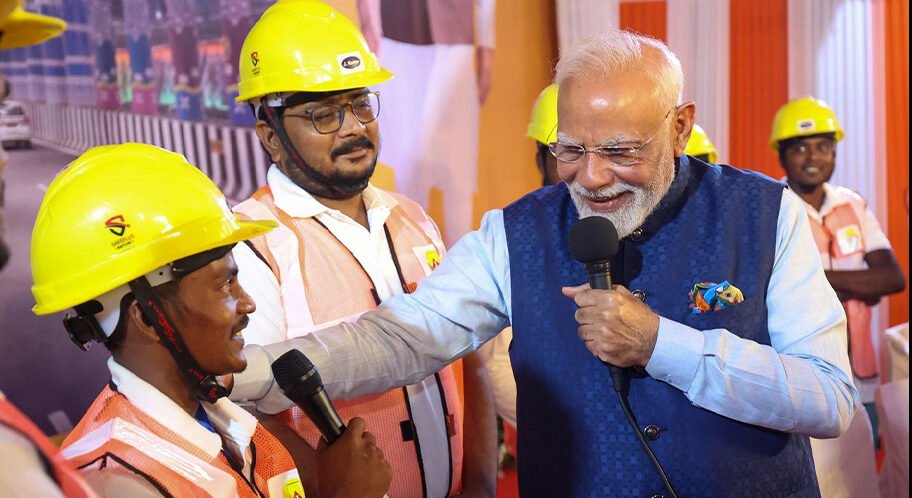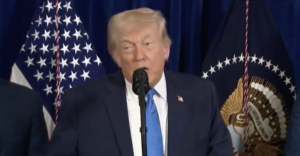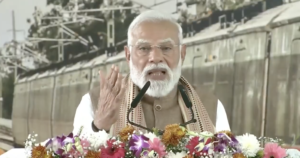New Delhi: In a significant step toward bridging development gaps among tribal communities, the Ministry of Tribal Affairs (MoTA) organized a one-day workshop on the Development Action Plan for Scheduled Tribes (DAPST) at the Dr. Ambedkar International Centre, Janpath Road.
The workshop brought together representatives from 41 Ministries and Departments mandated under DAPST to allocate between 4.3% and 17.5% of their scheme budgets for tribal development, as per NITI Aayog guidelines. These allocations span critical sectors such as education, health, agriculture, housing, electrification, and employment.
Setting the tone for the workshop, Deputy Director General (DDG), MoTA highlighted the persistence of development gaps despite increased allocations. Joint Secretary & Financial Advisor (JS&FA) inaugurated the event, emphasizing the importance of outcome-oriented planning and acknowledging practical challenges in fund utilization.
A key highlight was the introduction of the Adi Karmayogi Abhiyan, a flagship initiative launched under the Janjatiya Gaurav Varsh (Nov 2024–Nov 2025). The programme aims to build the world’s largest grassroots tribal leadership network through bottom-up governance and village-level planning.
Shri Ganesh DS, MoTA, elaborated on the transformative potential of the Abhiyan, linking it to the creation of Village Action Plans (VAPs). These plans are designed to identify local needs and align them with relevant DAPST schemes, enabling more targeted and responsive development.
Breakout sessions allowed Ministries to discuss scheme-specific challenges and explore ways to expand outreach and improve impact. The Ministry reiterated its commitment to ensuring that DAPST funds are used efficiently and reach tribal populations at the grassroots level.
This workshop marks a renewed push for inclusive growth and responsive governance, reaffirming the Ministry’s dedication to empowering tribal communities across India.









